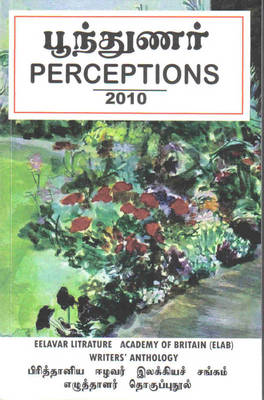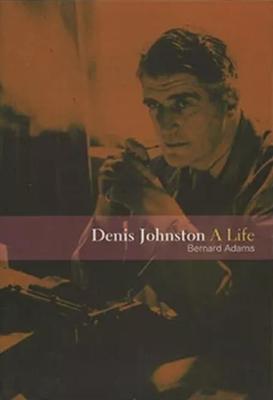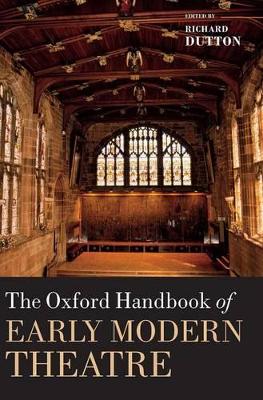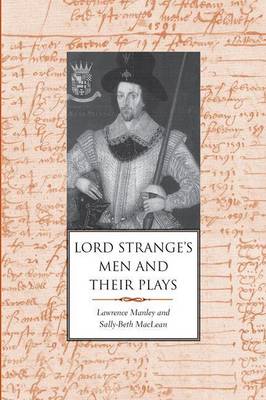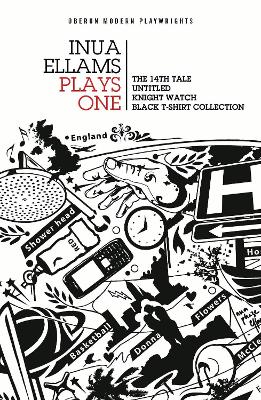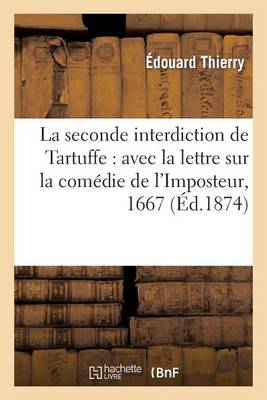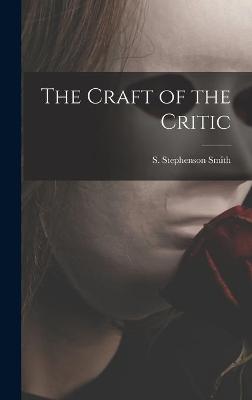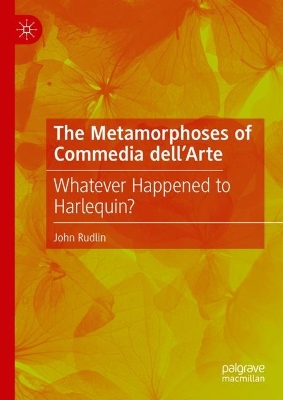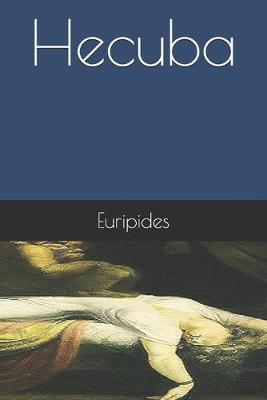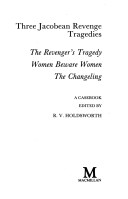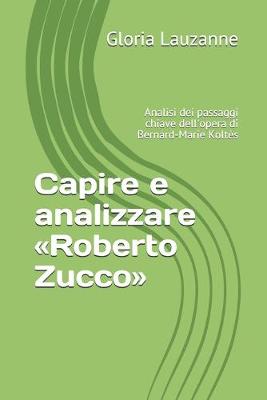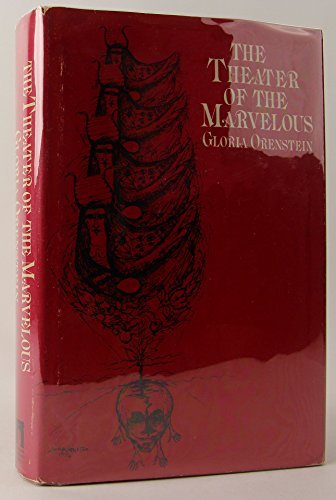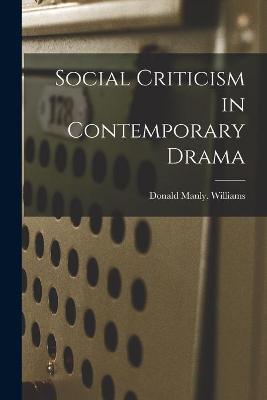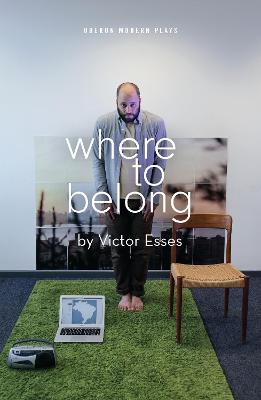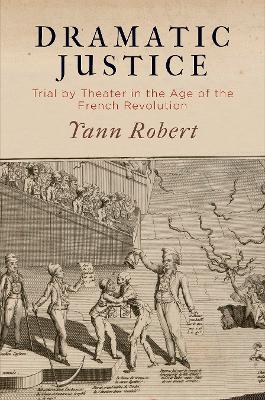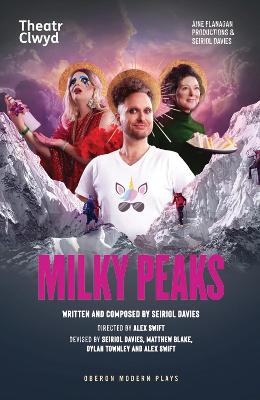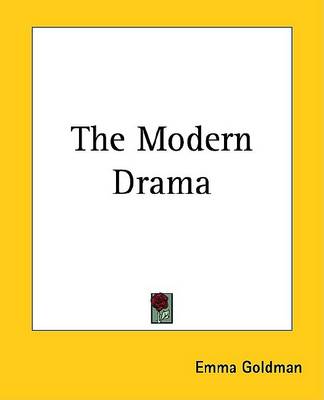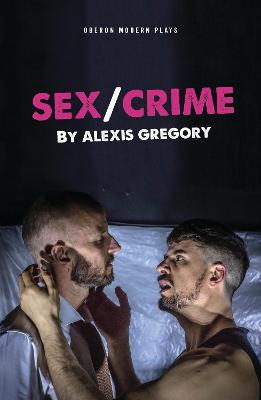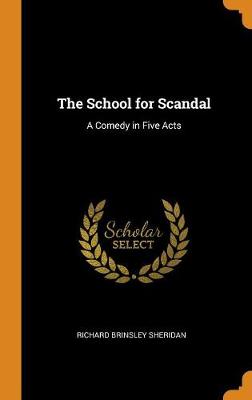Since the Romantic period, Jonson has been an author more respected than read. Frequently compared with Shakespeare, he usually suffers unfairly from the comparison. In this book Anne Barton gives a reading of the plays which completely re-evaluates Jonson as a dramatist. Describing in detail his experimentation with different comic styles and his changing relationship to other Elizabethan and Jacobean poets, particularly Shakespeare, she brings us closer than ever before to Jonson as a man, and...
This is the first biography of Denis Johnston, barrister, theatre director, film-maker, pioneering television producer, war correspondent, essayist and celebrated playwright. Johnston was of Ulster Presbyterian stock, born into Edwardian Dublin, where he was briefly held hostage in his family home at Lansdowne Road during the 1916 Rising. Son of a Supreme Court judge, he was schooled at St Andrew's in Dublin, in Edinburgh and Christ's College, Cambridge, and at Harvard University. He made the na...
The Oxford Handbook of Early Modern Theatre (Oxford Handbooks)
There was no single 'Elizabethan stage'. Early modern actors exploited various opportunities for patronage and profit between the 1570s and 1642, whether touring, or performing at inns, in country houses, in purpose-built theatres, at court, at the universities or at the inns of court. This authoritative and comprehensive collection of new essays explores the social, political, and economic pressures under which the playing companies of Shakespeare and his contemporaries operated. It shows how t...
Lord Strange's Men and Their Plays
by Prof Lawrence Manley and Prof Sally-Beth MacLean
For a brief period in the late Elizabethan Era an innovative company of players dominated the London stage. A fellowship of dedicated thespians, Lord Strange's Men established their reputation by concentrating on "modern matter" performed in a spectacular style, exploring new modes of impersonation, and deliberately courting controversy. Supported by their equally controversial patron, theater connoisseur and potential claimant to the English throne Ferdinando Stanley, the company included Edwar...
Inua Ellams has established himself as one of the most distinctive voices in British and international theatre. Collected together for the first time are four of Ellams' acclaimed plays, including The 14th Tale, Untitled, Black T-Shirt Collection and Knight Watch.
La Seconde Interdiction de Tartuffe: Avec La Lettre Sur La Comedie de l'Imposteur, 1667 (Arts)
by Edouard Thierry
The Metamorphoses of Commedia dell’Arte traces the steps by which Commedia has been transformed by cultural contact outside Italy into popular forms which bear little resemblance to the original. The book follows the Masks of Arlecchino, Pedrolino and Pulcinella as they gradually migrate and mutate into Harlequin, Mr. Punch and seaside Pierrot troupes. What happened to Pantalone, Scaramouche, Colombina and the male Lover is also investigated, though they had no final forms of their own. This st...
Hecuba (The Greek Tragedy in New Translations) (BCP Greek Texts)
by Euripides
Also available in paperback. Please see page 00 for a full description.
Three Jacobean Revenge Tragedies (Casebook S.)
This casebook presents early comment and modern studies (together with reviews of theatrical productions) on "The Revenger's Tragedy" (conventionally ascribed to Tourneur), "Women Beware Women" by Middleton, and "The Changeling" by Middleton and Rowley. Dr Holdsworth's introduction surveys and evaluates past and current critical approaches to the plays. Of particular interest is his examination of the question of the authorship of "The Revenger's Tragedy" and presentation of new evidence support...
What makes a home for you? _x000D_ Victor Esses is Jewish-Lebanese, Brazilian, and gay. In 1975, Victor's mother flees Lebanon as a refugee of the Civil War. In 2017, Victor visits Lebanon for the first time. In 2018, amidst the elections that will see Brazil choose a far-right president, he travels from London to Sao Paulo to show his partner the city of his childhood. _x000D_ Where to Belong is the tender, moving story of these journeys - an exploration of how to find your place in a ric...
For most of the seventeenth and eighteenth centuries, classical dogma and royal censorship worked together to prevent French plays from commenting on, or even worse, reenacting current political and judicial affairs. Criminal trials, meanwhile, were designed to be as untheatrical as possible, excluding from the courtroom live debates, trained orators, and spectators. According to Yann Robert, circumstances changed between 1750 and 1800 as parallel evolutions in theater and justice brought them c...
Nestled in the heart of Snowdonia, the small town of Milky Peaks is nominated for ‘Britain’s Best Town’. However, the award brings with it a dark, insidious right-wing agenda, threatening the heart and soul of the town. _x000D_ Can the community club together to save the identity of their beloved Milky Peaks?
In a fractured and divided city, two men, 'A' and 'B', meet to recreate the killings of a famous gay serial killer, for their own pleasure...and the right price. "Everything else is tumbling down Falling apart But not you and me You and me are going to hold tight You and me are just right" Sex/Crime is a darkly comic queer thriller: an exciting, challenging play that explores sex, violence, language, fear and queerness.
The School for Scandal (Dover Thrift Editions) (New Mermaids)
by Richard Brinsley Sheridan
Sheridan's most successful play, often considered the apex of English comedy.
